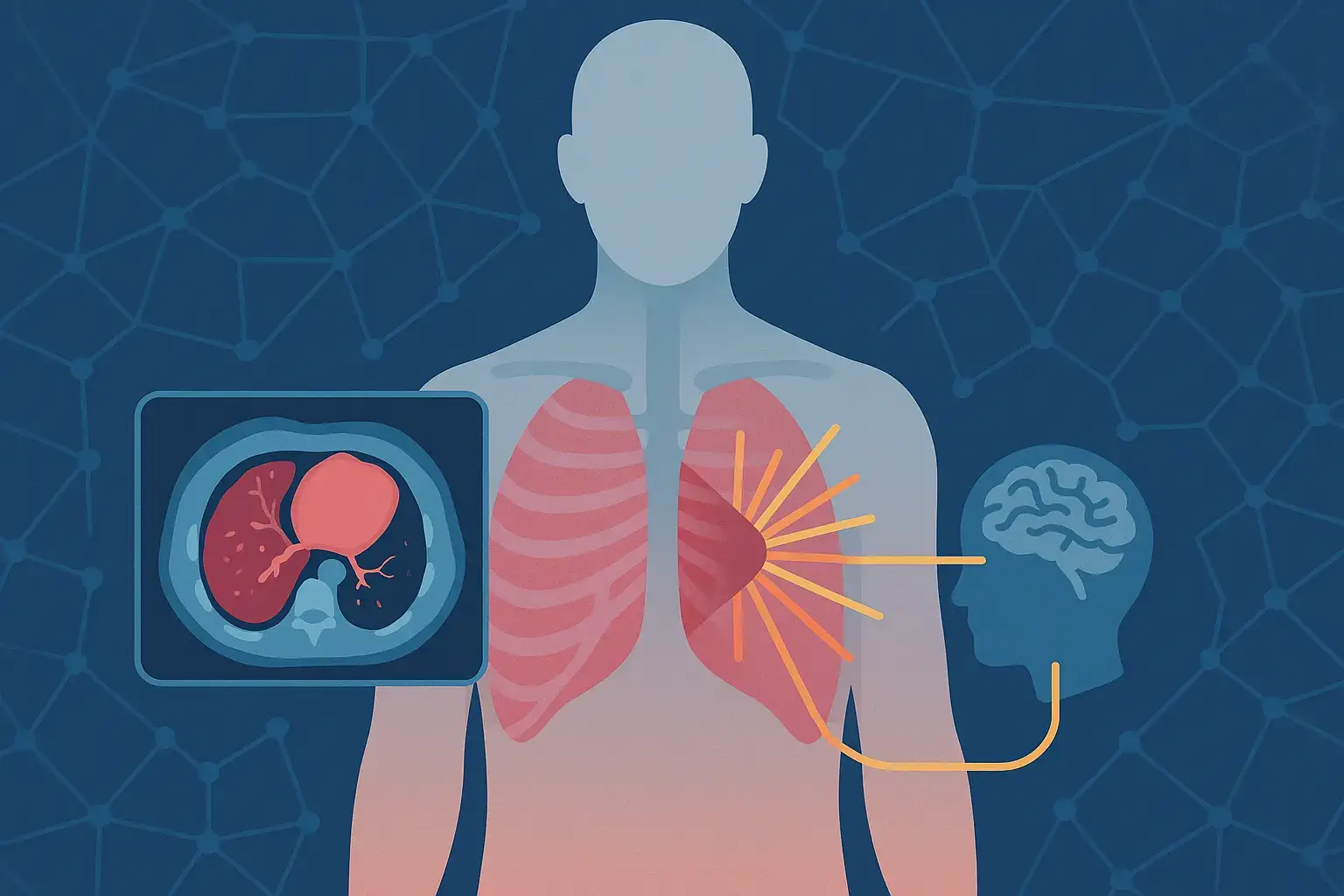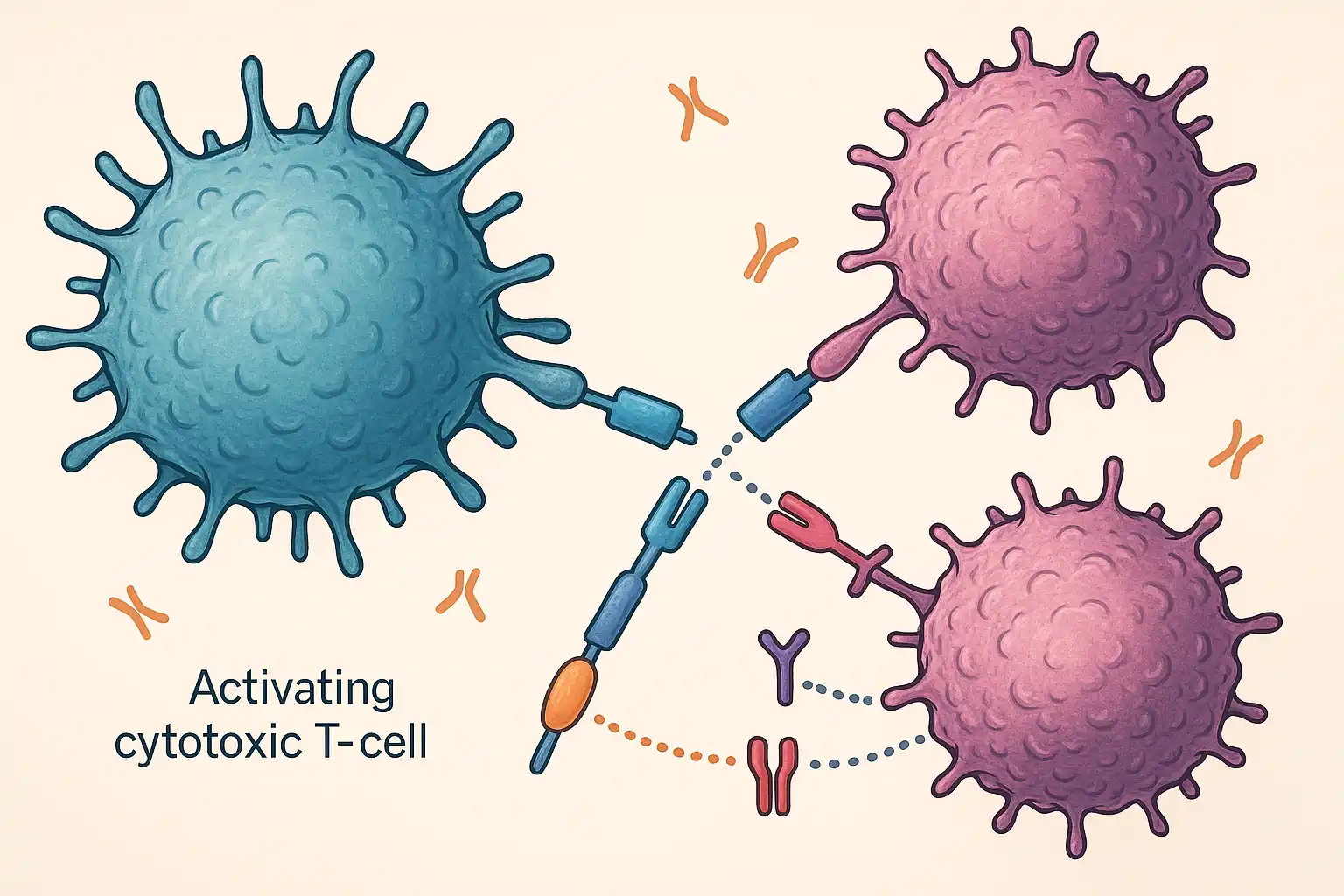
AI Enhances NGS-Based Diagnosis for Rare Genetic Disorders
🧠 Introduction
Rare diseases affect an estimated 300 million people globally—yet many patients face long diagnostic journeys due to the complexity and heterogeneity of these conditions. Our new paper highlights how artificial intelligence (AI) and improved database integration are helping unlock the full potential of next-generation sequencing (NGS) for rare disease diagnostics.
🔍 Research Summary
Our review, published in Frontiers in Genetics, examines the current landscape of AI-powered tools used in conjunction with NGS technologies for diagnosing rare diseases (RDs). It focuses on how machine learning—particularly deep learning—is improving variant calling accuracy, streamlining the interpretation of genetic variants, and enhancing electronic health record (EHR) usability.
Despite major advancements, the study notes critical challenges in the field: inconsistent input/output formats, lack of standardized predictive accuracy measures, and irregular updates to annotation databases. By comparing several RD databases and highlighting gaps, the authors provide a roadmap for enhancing diagnostic consistency and clinical utility through better AI integration.
🌍 Broader Impact
This research directly supports APMAD’s mission to advance precision medicine for complex genetic disorders. As part of our core research theme in Genetic Disorders, we recognize the transformative role that data science—and platforms like our Biomedical Data Analytics Platform (BDAP)—can play in improving diagnostic timelines and treatment pathways.
Integrating AI into clinical genomics workflows holds significant promise: from reducing the time to diagnosis to tailoring care for patients with ultra-rare conditions. Studies like this one help inform the strategies needed to translate innovation into better patient outcomes across the UAE and beyond.
📎 Reference
@article{Choon2024,
title = {Artificial intelligence and database for NGS-based diagnosis in rare disease},
journal = {Frontiers in Genetics},
volume = {Volume 14 - 2023},
year = {2024},
issn = {1664-8021},
doi = {https://doi.org/10.3389/fgene.2023.1258083},
url = {https://www.frontiersin.org/journals/genetics/articles/10.3389/fgene.2023.1258083},
author = {Choon, Yee Wen and Choon, Yee Fan and Nasarudin, Nurul Athirah and Al Jasmi, Fatma and Remli, Muhamad Akmal and Alkayali, Mohammed Hassan and Mohamad, Mohd Saberi}
}






Leave a Reply